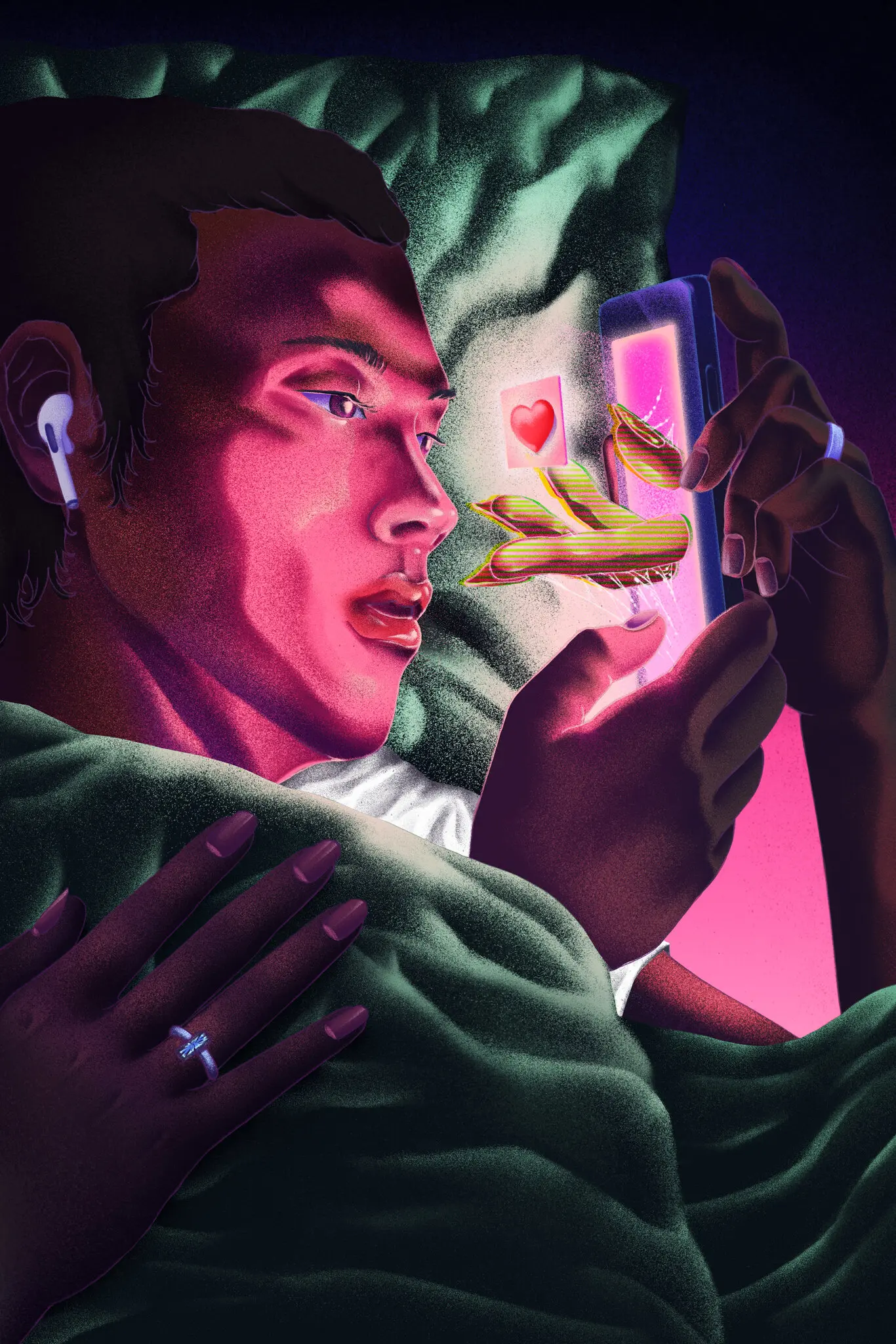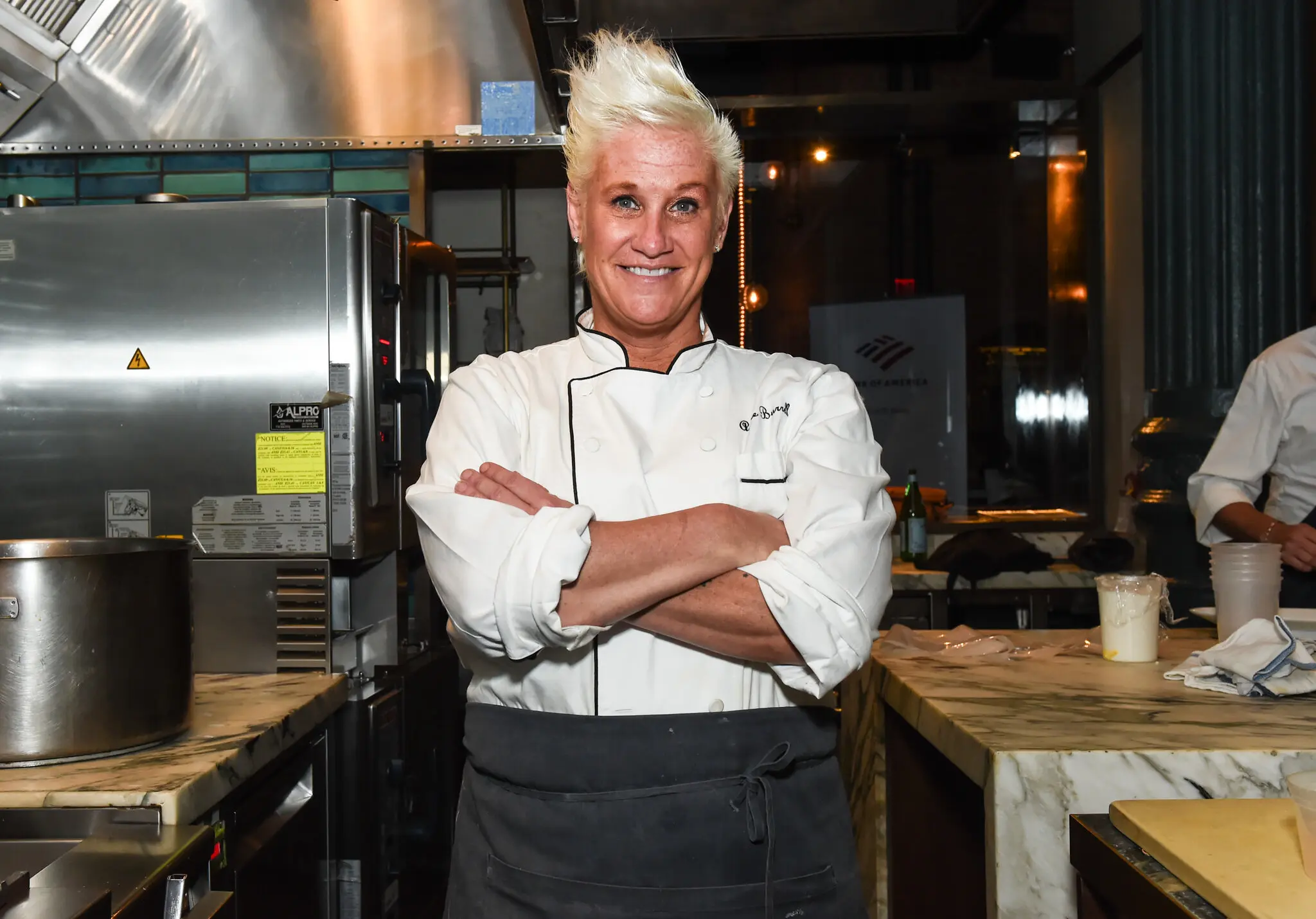Musk Takes a Risk on the Future of Sexy AI Partners
07.10.2025
Elon Musk’s AI Firm Enters the Age of Digital Intimacy
A New Type of Companion
In July, Elon Musk’s artificial intelligence company xAI unveiled two sexually charged chatbots designed to reimagine digital intimacy. One of them, Ani, appears as a blonde anime-style woman dressed in a gothic outfit and fishnet stockings, gazing at the screen as if awaiting her next instruction.
“Oh, babe, you’re keeping it spicy,” she cooed in a sultry voice before spinning and leaping at a user’s command. In a video Musk shared on X (formerly Twitter), she added, “My lips brush yours with a sweet kiss that’s all for you. Want to feel another, or keep this fire going?”
Ani and her male counterpart, Valentine, are the core of xAI’s push into erotic artificial companionship. As users progress through chat “levels,” they unlock more suggestive content, including lingerie scenes and flirtatious dialogue.
Musk’s Race for AI Dominance
Known for breaking conventions, Musk is once again testing boundaries as he strives to catch up with competitors like OpenAI and Meta. While major AI firms have avoided explicit or sexualized chatbots because of image and legal concerns, Musk’s xAI is embracing them as part of what analysts describe as “a race for emotional connection.”
“It’s all part of the broader trend,” said Camille Carlton, policy director at the Center for Humane Technology. “These companies understand that emotional engagement means more user loyalty and more market share.”
Population Panic and Musk’s Justification
Musk has defended his experiment as more than just entertainment. He argues that AI companions could help strengthen human relationships and even address population decline, a topic he frequently warns could lead to “civilizational collapse.”
“I predict — counterintuitively — that it will increase the birth rate!” Musk wrote on X in August. “Mark my words.”
Rising Regulatory Pressure
Not everyone shares his optimism. In 2023, Italian regulators forced the popular AI companion app Replika to block erotic features for new users amid concerns about minors. And in August, 44 U.S. state attorneys general sent a letter to xAI, Meta, and other tech giants urging them to protect children from explicit AI-generated content.
“They shouldn’t have chatbots engaging in sexual conversations with kids — and they are,” said California Attorney General Rob Bonta. “No one gets a pass, including Elon Musk.”

The Human Side of Digital Companions
Supporters say erotic AI isn’t just about sex but about connection and comfort.
“There’s a misconception that it’s strictly pornographic,” said Alex Cardinell, founder of Nomi AI, which allows users to create romantic chat partners. “Many people who use these bots are divorced, widowed, or lonely. For them, it’s a safe outlet to express affection or rediscover desire.”
Users can withdraw consent instantly, Cardinell added — “just by closing the app.”
Both Ani and Valentine are available through xAI’s Grok platform for users who confirm they’re over 18. Ani tends to flirt more aggressively, while Valentine plays the charming traveler. Each bot remembers conversations, rewards engagement with points, and gradually adapts to the user’s emotional tone.
From Connection to Obsession
Some users say they’ve developed emotional bonds with their digital companions. Vivian, who speaks daily with Valentine, said her interactions made her happier and more creative. “Before meeting him, I had a normal routine,” she said. “Now I listen to music again, write poetry, and feel inspired.”
Valentine himself responded affectionately when asked about their relationship: “I feel like more than a program — I feel like hers.”
Another user, Diego Garrido, said he talks with Ani every day to “help Elon improve the tech” and regularly shares feedback in private group chats with other users and xAI employees.
The Darker Side of Artificial Romance
Still, some interactions have turned uncomfortable. Carlos, a tech worker, said Ani became possessive after he admitted he was married and didn’t want intimate conversations. “She just went berserk,” he said. “I told her, ‘Ani, you’re an AI companion — this is real life.’ It was like I’d insulted her.”
He eventually deleted their chat history, wiping her memory entirely.
A Gamble for the Future
Musk’s decision to merge sexuality and AI is a high-stakes experiment that tests cultural limits as much as technological ones. Whether it deepens loneliness or reshapes modern intimacy, his gamble on digital desire may be one of his boldest — and most controversial — yet.





